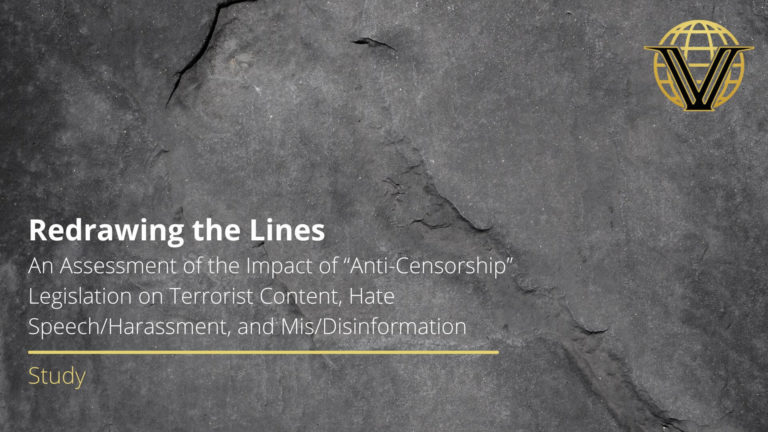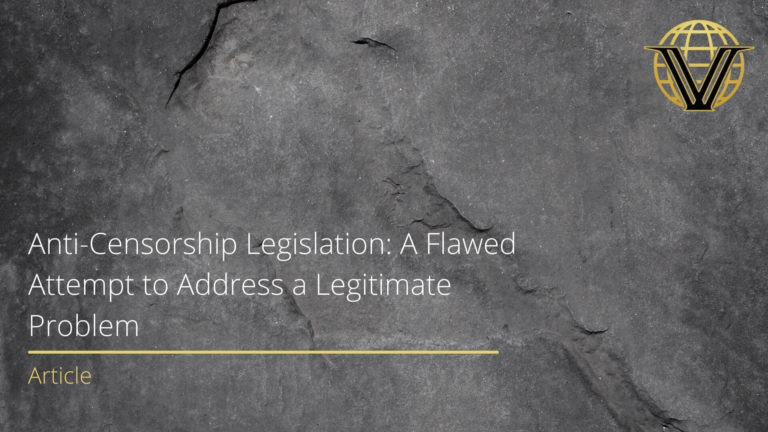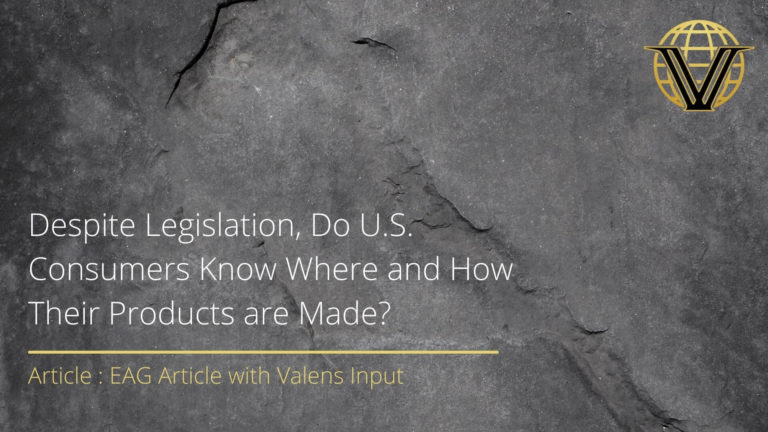Daveed Gartenstein-Ross and Colin Clarke
Nearly one year after the fall of Baghouz, the last remaining stronghold in the territorial caliphate of Islamic State (Isis), there is still widespread uncertainty about the fate of hundreds of foreign fighters from Southeast Asia. More than 1,000 people from the Philippines, Indonesia and Malaysia traveled abroad to fight with Isis and other militant groups, and dozens have already returned home. Around 700 Indonesians and 65 Malaysians are held in Syrian Democratic Forces (SDF) prisons or camps in northern Syria. If the SDF loses control of the camps and prisons as a result of growing instability, especially stemming from conflict with Turkey, the militants could escape. In October last year, around 50 Isis-linked fighters from Indonesia escaped SDF custody. Returning fighters could potentially access militant networks in Southeast Asia. Some regional jihadist groups have pledged allegiance to Isis, including Jamaah Ansharut Daulah in Indonesia, and both the Maute Group and the Basilan faction of the Abu Sayyaf Group in the Philippines. Indonesian fighters have reportedly traveled from Syria and Iraq to join Isis-Khorasan in Afghanistan.
Numerous return routes and methods are available to fighters attempting to evade detection when returning to Southeast Asia. Turkey is a likely exit point from Syria, as suggested by its geographic proximity and the routes used by European returnees. Thailand could serve as an entry point into Malaysia and the broader region. Malaysia has struggled to secure this border, and returnees might try to exploit smuggling routes previously used by local terrorist cells. Attempts to evade detection when re-entering Southeast Asia might also include blending in with refugee and migrant flows. If militants successfully reach Southeast Asia, they may be able to exploit illicit transit routes and porous borders that facilitate movement of people and goods between Indonesia, Malaysia and the Philippines around the Sulu and Celebes Seas. Movement could be facilitated by false identification, with fighters able to acquire fake identification documents in Malaysia; Sabah, in particular, is a hub for such activity. Across the region, there is no uniform standard in laws and policies addressing returnees. Indonesia, Malaysia and the Philippines have all repatriated some citizens from Syria and Iraq, but there are important differences in their policies. For example, Indonesia and Malaysia repatriate some foreign fighters and their family members, with recent reporting suggesting that Indonesia is poised to repatriate more than 600 citizens with ties to militant groups. The Philippines repatriates its overseas foreign workers in Syria. Concerns remain that terrorist organisations in the Philippines may attempt to surreptitiously move fighters back to the country by claiming these individuals are overseas foreign workers.
Indonesian, Malaysian and Philippine visa policies leave these countries vulnerable to terrorists attempting to return with false documentation. Malaysia does not require visas for travelers from Syria, Iraq and Turkey, while the Philippines does not require visas for travelers from Turkey. Indonesia grants visas upon arrival.
Southeast Asian countries face significant challenges in preventing the entry and movement of militants. Malaysia has implemented a special security zone in eastern Sabah. Joint air and sea patrols in the Sulu Sea reduce but do not eliminate the risk of returnees exploiting smuggling routes. In Indonesia, security efforts have been repeatedly hampered by poor coordination between stakeholder agencies. And in the Philippines, Manila International Airport has historically implemented insufficient security practices.
To mitigate the threat posed by returnees, Southeast Asian countries have enacted a number of legal mechanisms, though glaring vulnerabilities remain. Indonesia introduced legislation in 2018 criminalising activity associated with travelling abroad as a foreign fighter, but its efficacy may be hampered by an overwhelmed judicial system. Malaysian law permits lengthy periods of detention for terrorism suspects and monitoring upon their release. Returning family members of fighters are also subject to monitoring. The Philippines has limited legal mechanisms. Terrorist attacks in the country have continued despite gains made since the 2017 siege of Marawi.
What might returnees do if they manage to evade the authorities? Some may seek to radicalize and recruit others. Even in the penitentiary system, Indonesian and Malaysian terrorism convicts have radicalised and recruited fellow prisoners, and even guards. Deradicalization and disengagement programs vary by country. Indonesia and Malaysia have well-defined programs and claim high rates of success, though the programs’ success rates are almost certainly inflated. The Philippines has introduced deradicalization and disengagement programs for imprisoned militants but has provided limited information on their extent and efficacy. Some returnees have already been involved in plots and attacks in the region. High-ranking Indonesian Isis fighters have acted as “virtual plotters”, recruiting operatives and coordinating attacks in Southeast Asia via online communications from Syria. Further, the threat posed by female and child returnees may be underestimated by the regional authorities. Both groups have participated in recent attacks in Indonesia, and Isis propaganda suggests children of Southeast Asian foreign fighters have received indoctrination and military training in Syria. The caliphate has been crushed, for now, but Isis’s fight is entering a new phase. Governments throughout Southeast Asia still have a lot of work to do to prepare.



